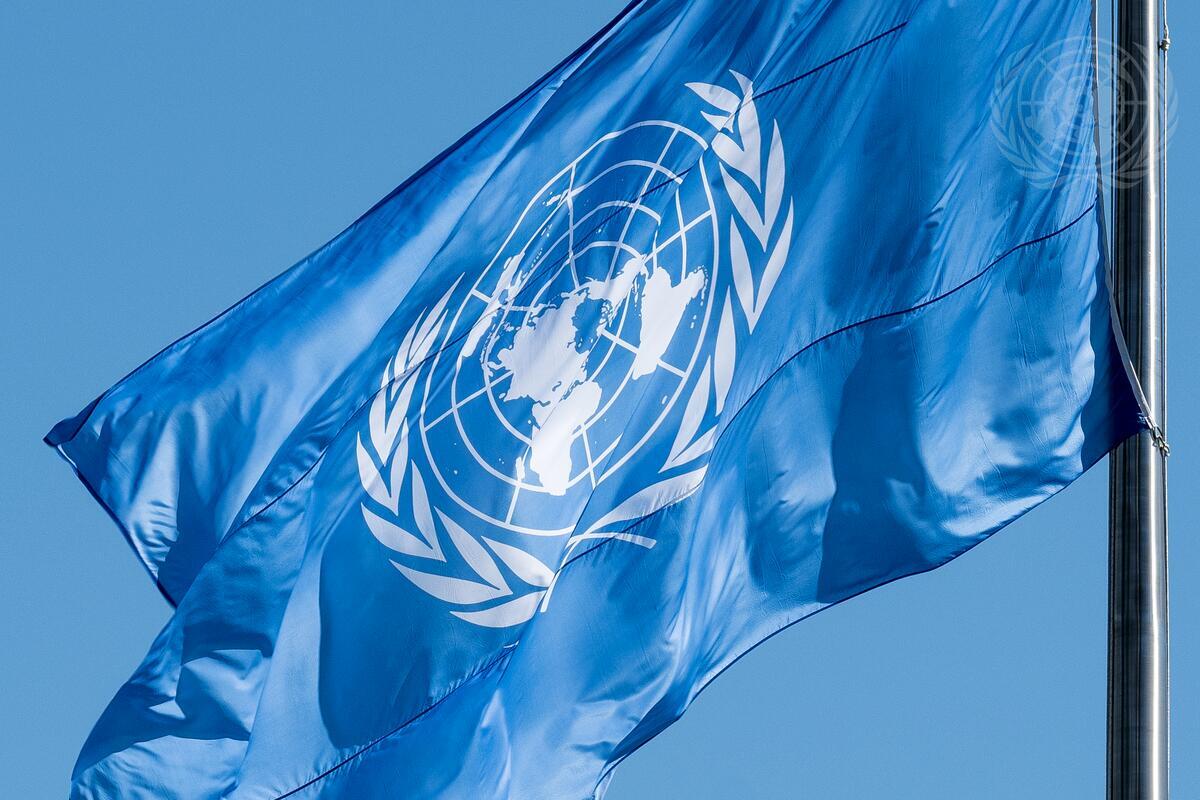© UN Photo / Loey Felipe

UNGA78: States discuss Treaty Bodies’ reform agenda, currently slowed by sparse resources
During the 78th Session of the General’s Assembly’s Third Committee, the Chairs of the ten human right Treaty Bodies reported significant performance constraints due to limited financial, human and technology resource investments from Member States. This must change!
During the 78th Session of the General Assembly, the Treaty Body chairs shared information with Member States on the significant efforts made towards strengthening and harmonising their working methods including the use of the simplified reporting procedure as a default or permanent feature for seven treaty bodies¹. The Chair of the Human Rights Committee, Maria Rocholl, attributed an increase in State reporting to the implementation of the predictable 8-year cycle and the simplified reporting procedure. The Chairs of Committee on the Elimination of Discrimination against Women (CEDAW) and Committee on the Rights of the Child (CRC) cited increased cooperation, including holding sequential reviews for a State party*, and issuing a joint statement on safeguarding girls’ lives through minimising unwanted pregnancies and guaranteeing safe access to abortion on the International Day of the Girl Child. The Chairpersons also highlighted positive returns in partnering with the capacity-building programme of the OHCHR to provide technical assistance to States and continued engagement with governments through constructive dialogues.
Despite these positive developments, the Chairs expressed frustration with the ongoing challenge of non- and late-State reporting, noting that some reports were overdue by more than 25 years! Additionally, a major concern that cut across all the Treaty Bodies was the persistent lack of financial, human, and technological resources, leading to an inability to implement the mandates entrusted to them. The examination of reports and communications at a regular pace necessitates additional staffing, increased meeting times, online and digital tools, all of which have a monetary implication. All ten Chairs expressed a need for more resources to effect reforms as well as address an increase in individual communications and a backlog of reports pending review arising from the delays impacted by the COVID-19 pandemic. The Human Rights Committee Chair shared that without additional staff or sufficient funding, catching up on a growing backlog is impossible. The Committee on Economic, Social and Cultural Rights (CESCR) has not been able to effect the simplified reporting procedure and defaulted back to the standard reporting procedure owing to resource constraints. Craciunean-Tatu, Chair of CESCR explained that ‘meeting time and related resources do not suffice for the Committee to be able to engage with all the State parties within a predictable 8-year review cycle…in the same vein, we are unable to provide a List of Issues prior to reporting to all States wishing to avail themselves to the simplified reporting procedure’.
The Committee on the Rights of Persons with Disabilities (CRPD) recorded the highest backlog of reports pending review. Gertrude Oforiwa Fefoame, Chair of the CPRD commented that ‘as of September 2023, there are 43 initial reports and 29 periodic reports, totaling 72, pending to be considered…. with current meeting time and resources, the Committee would be able to address this backlog in 5 years’. A number of Chairs reported an increase in individual communications, with the Human Rights Committee receiving the highest. The number of pending cases before the Committee was 1,178 at the end of 2019 and 1,200 at the end of 2022. The Human Rights Committee Chair noted that the situation undermined the credibility of the Committee as a body that can provide timely recourse to victims of serious human rights violations, who depend on its work and place their hope and trust in the Committee. The CRPD and Committee against Torture (CAT) Chairs also pointed out that the composition of their Committees have remained small despite the significant growth in membership of State parties to the respective Conventions. All the Treaty Body Chairs called on States to ensure that the system is adequately financed through the regular UN budget.
During the interactive dialogue, the Treaty Body Chairs emphasised the importance of having political will from States not only to recognise the competence of these mechanisms with regard to individual communications by ratifying relevant international instruments, but also to ensure that sufficient resources are allocated to them to operate effectively. At the conclusion of the 34th Chairs Meeting in 2023, the Chairs welcomed the Working Paper presented by OHCHR as an important step that would guide the next biennial General Assembly resolution on human rights and the treaty body system in December 2024.
The UN Treaty Bodies mechanism remains an integral part of the international human rights system. It provides an essential avenue through which States can be held accountable for their human rights obligations as well as a system through which violations of human rights can be reported and investigated. ISHR supports the call to action for States to fully support this mechanism in the spirit of fulfilling their reporting obligations.
1 Human Rights Committee (HRCtee), The Committee on the Elimination of all forms of Discrimination Against Women (CEDAW), Committee on Elimination of all forms of Racial Discrimination (CERD), Committee on the Rights of Persons with Disabilities (CPRD), Committee on Migrant Workers (CMW), Committee on the Rights of the Child (CRC) and the Committee Against Torture (CAT).
*CEDAW and CRC jointly held back-to-back review sessions and offered joint recommendations to Sao Tome and Principe.
